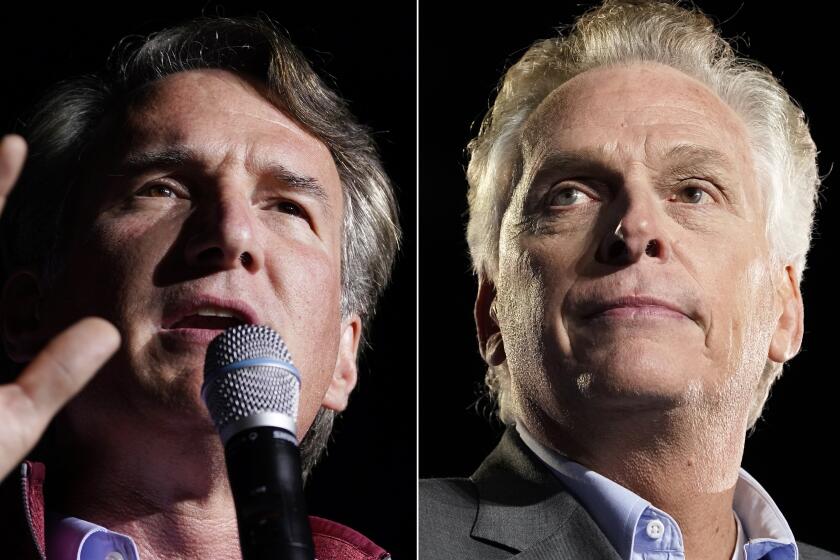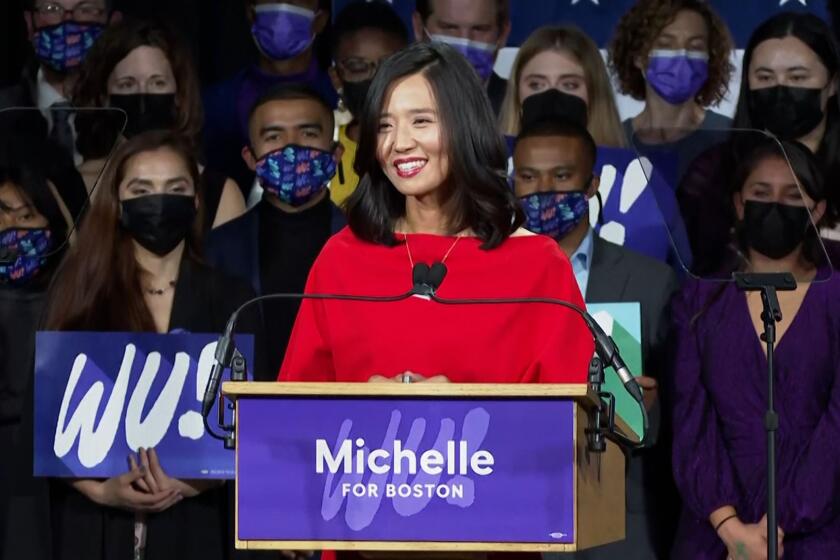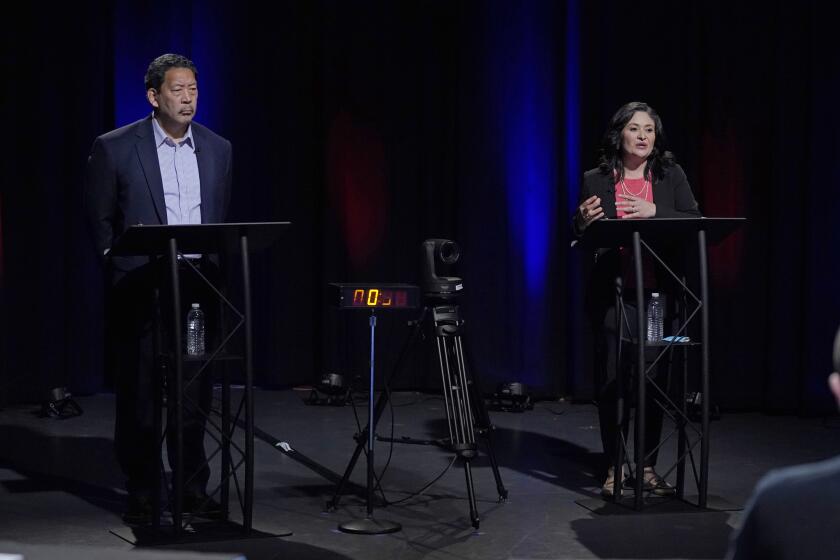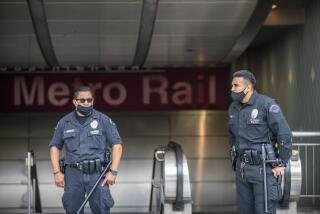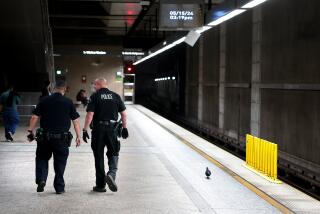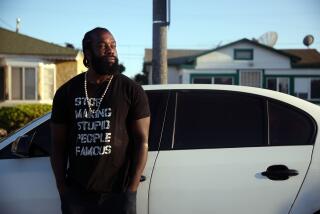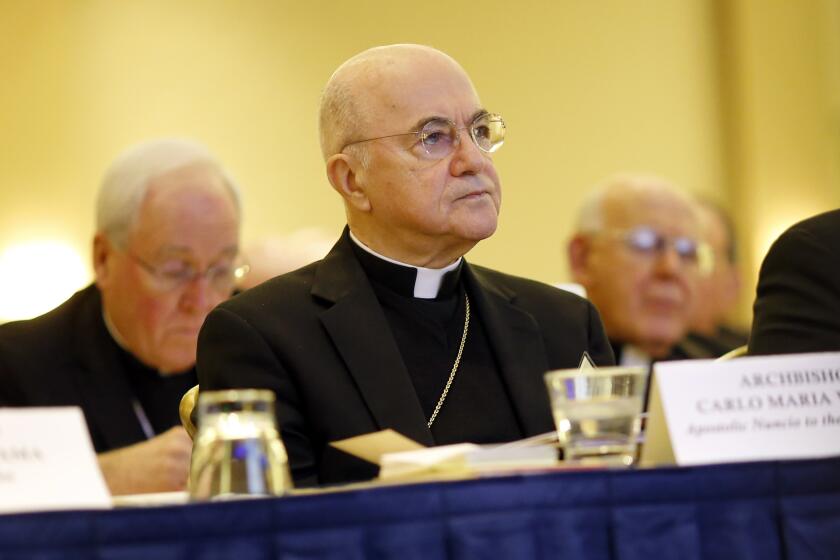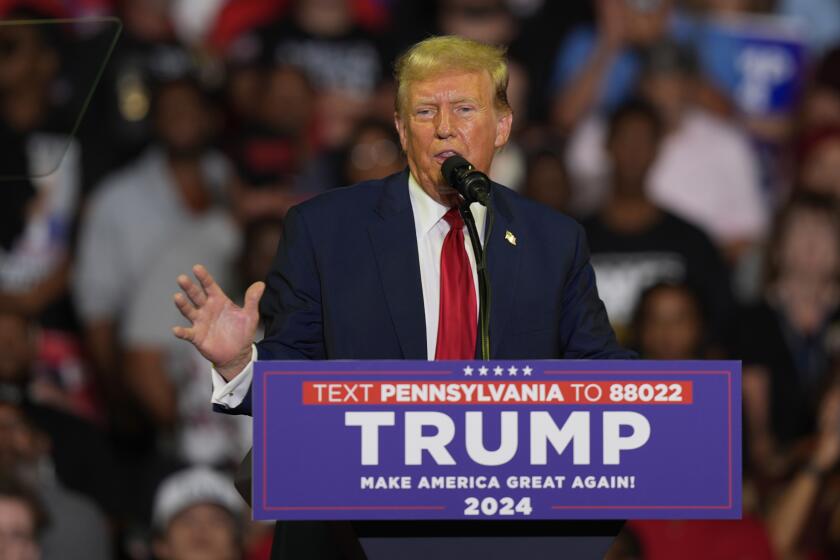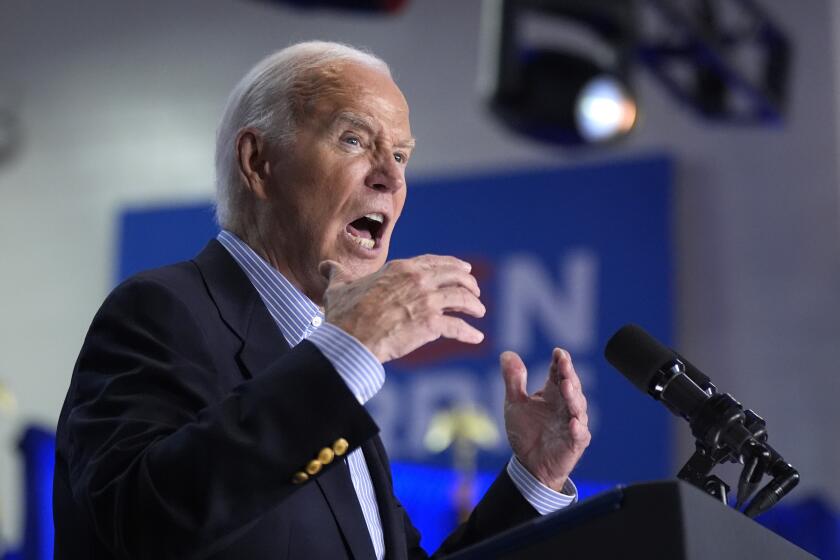Minneapolis voters reject replacing police with new agency
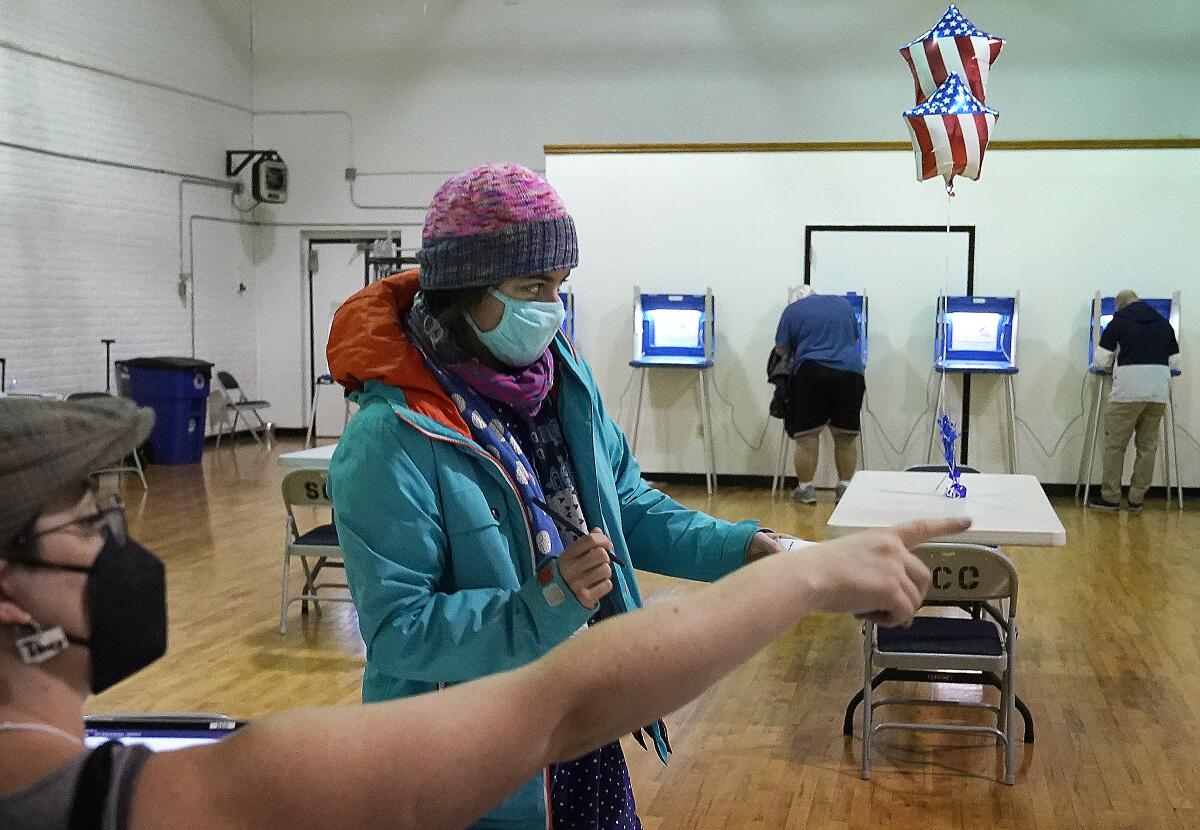
Minneapolis voters on Tuesday rejected a proposal to replace the city’s police department with a new Department of Public Safety, an idea that supporters hoped would bring radical change to policing in the city where George Floyd’s death under an officer’s knee brought calls for racial justice.
The initiative would have changed the city charter to remove a requirement that the city have a police department with a minimum number of officers. Supporters said a complete overhaul of policing was necessary to stop police violence. Opponents said the proposal had no concrete plan for how to move forward and warned it would leave some communities already affected by violence more vulnerable as crime is on the rise.
The ballot proposal had roots in the abolish-the-police movement that erupted after Floyd was killed by a Minneapolis police officer last year. The debate over racial justice in policing brought national attention to Tuesday’s vote, as well as a river of out-of-state money seeking to influence the outcome that could have shaped change elsewhere too.
The ballot question called for a new Department of Public Safety to take “a comprehensive public health approach to the delivery of functions” that would be determined by the mayor and City Council. Supporters argued it was a chance to reimagine what public safety can be and how money gets spent. Among other things, supporters said, funding would go toward programs that don’t send armed officers to call on people in crisis.
Democratic Mayor Jacob Frey was also in a tough fight for a second term, facing a bevy of opponents who have attacked him for his leadership in the wake of Floyd’s death. Frey opposed the policing amendment. Two of his leading challengers in the field of 17 candidates, Sheila Nezhad and Kate Knuth, strongly supported the proposal.
Minneapolis voters were also deciding whether to replace the city’s unusual “weak mayor, strong council” system with a more conventional distribution of executive and legislative powers that would give the mayor clearer authority over day-to-day government operations.
The Virginia governor’s race will offer a glimpse into the likely political dynamics of the 2022 midterms.
While results from the ballot questions were expected Tuesday night, the mayoral race was a question mark because the city uses ranked choice voting. If no candidate reaches 50% in the first round of counting, the winner would be determined after a tally Wednesday of second- and potentially third-choice votes.
The future of policing in the city where Floyd’s death in May 2020 launched a nationwide reckoning on racial justice overshadowed everything on the municipal ballot. The debate brought national attention to the election, as well as a river of out-of-state money seeking to influence a contest that could shape changes in policing elsewhere, too.
Rishi Khanna, 31, a tech worker, voted yes on replacing the police department, saying he doesn’t believe police officers are qualified to deal with many situations, such as mental health crises. He said he thinks having professionals equipped to deal with a range of public safety issues in the same department as law enforcement will benefit both residents and police officers.
“I understand that law enforcement will have to have a seat at the table, but I think both in our community and in communities around the country, too often law enforcement is the only seat at the table,” he said. “I don’t think that’s the right solution.”
Two nationally prominent progressive Democratic leaders — U.S. Rep. Ilhan Omar, who represents the Minneapolis area, and state Atty. Gen. Keith Ellison — both supported the policing amendment. But some leading mainstream liberals, including Gov. Tim Walz and U.S. Sens. Amy Klobuchar and Tina Smith, opposed it and feared the backlash could lead to Democratic losses across the country in 2022.
Support didn’t cleanly follow racial lines. Opponents included several prominent Black leaders, including some who have been top voices in the police accountability movement.
Boston voters for the first time elected a woman and an Asian American as mayor. The city had previously only elected white men as mayor.
Minister JaNaé Bates, a spokeswoman for the pro-amendment campaign, told reporters Monday that even if the proposal fails, the activists behind it have changed the conversation around public safety.
“No matter what happens, the city of Minneapolis is going to have to move forward and really wrestle with what we cannot unknow: that the Minneapolis Police Department has been able to operate with impunity and has done quite a bit of harm and the city has to take some serious steps to rectify that,” Bates said.
Activist progressives and more moderate candidates are vying to address Seattle’s issues of homelessness, crime, policing, and racial and economic injustice.
More to Read
Start your day right
Sign up for Essential California for news, features and recommendations from the L.A. Times and beyond in your inbox six days a week.
You may occasionally receive promotional content from the Los Angeles Times.
